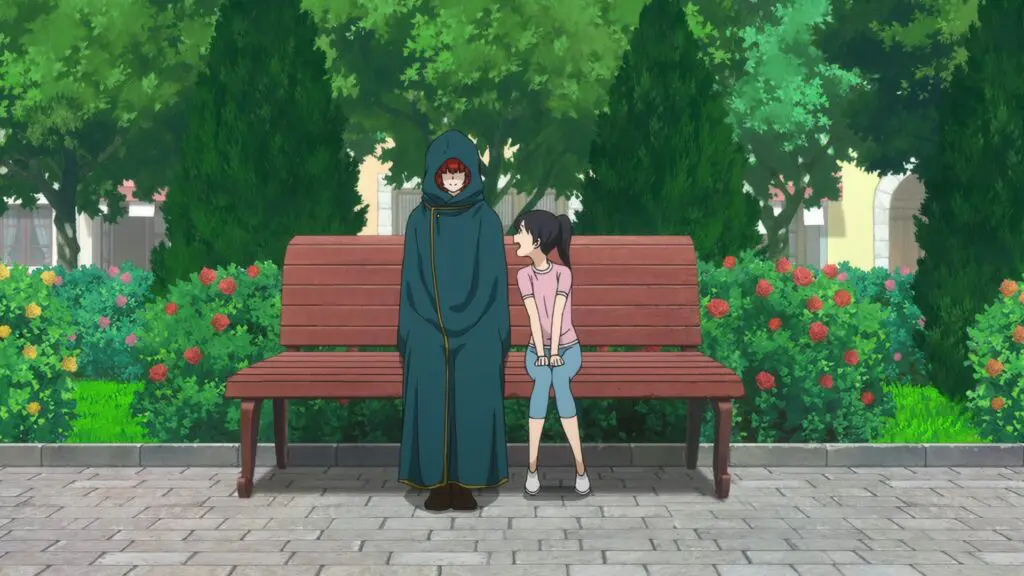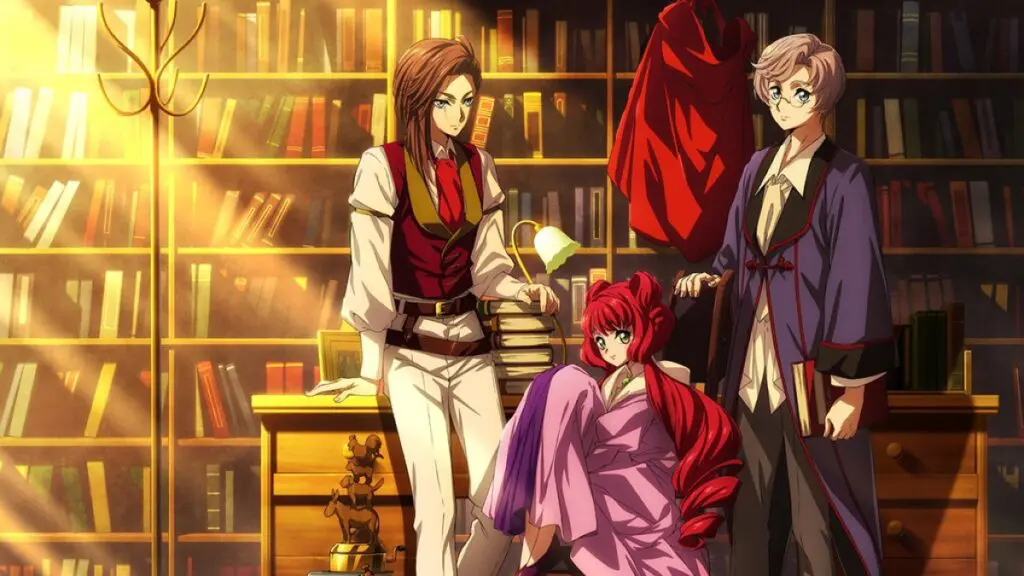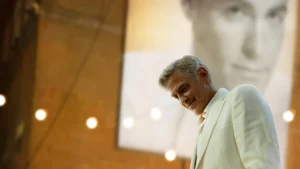Summary
The Grimm Variations is an often fascinating reimagining of the most classic stories we have.
“Grimm, but grimmer” is an easy elevator pitch for yet another reworking of Jacob and Wilhelm Grimm’s classic folkloric fairytales, but it undersells The Grimm Variations, even if the description technically applies. The anthological animated Netflix series is more of an exercise in reworking well-known figures in completely new contexts and tones.
And the talent! The animation comes courtesy of WIT Studio (the guys and gals behind Attack on Titan, Vinland Saga, and others), with character designs from the all-female manga artist group CLAMP. But a visual treat would mean nothing without solid storytelling backing it up, so the scripts from Michiko Yokote (check out this Wikipedia page if you want to see a real body of work) are welcomely clever subversions of well-established characters and ideas.
Each episode – there are six, reinterpreting classic stories like Cinderella and Hansel and Gretel as topsy-turvy one-offs running anywhere from thirty to forty-five minutes – is bookended by painterly interludes wherein the Grimm brothers field questions from and tell stories to their precocious sister Charlotte, who has some rather highfalutin ideas about what a fairytale can mean and who it could be for.
It’s these gorgeous-looking sequences that really lay out in the intention of this collection. What if Cinderella was evil? What if the wolf from Little Red Riding Hood was a serial killer? What if our very understanding of what constitutes a fairytale was turned completely on its head?

The Grimm Variations (via Netflix)
You can see the appeal. This isn’t a soft, Disneyfication of classic stories, nor is it an edgy, surface-level reimagining that looks for the easiest shocks possible. That driving principle didn’t work for, say, Winnie the Pooh: Blood and Honey, because it isn’t enough to simply have beloved characters do and say the most extremely out-of-character things. It has to mean something.
The Grimm Variations excels by thinking more about who these characters are and what the stories mean and then repackaging them within new settings and genres. Yes, there is a deliberate juxtaposition between the idealistic underpinnings of a classic fairytale and the decidedly bleak way they’re reimagined, and yes, there is a lot of gore and nastiness that feels, now and again, like overkill. But that’s not all there is.
It can, admittedly, take a while to get there. Most episodes introduce a premise that seems quite obvious, but almost all gradually tweak and complicate it as it goes along. Obviously good or evil characters become more complex and difficult to categorize; the expectations of the setting morph to accommodate new, often more scandalous interpretations. And so on. The power of the collection is in the more nuanced changes rather than the big wholesale departures. It isn’t just a case of Cinderella is evil, but more how Cinderella’s typical role is contorted by new circumstances.
This is a far more interesting way to present well-worn fables. There’s an expectation that such stories must include certain things – the innocent princess, the unambiguously evil villain, etc. – and it’s compelling to see how far the usual definitions can be stretched without losing the original story’s recognizable shape. As in “The Elves and the Shoemaker”, the fourth episode which is here about a struggling novelist fading into irrelevance, a lot of The Grimm Variations feels like a playful, self-aware writing exercise.
It’s mostly a success on this level, though the usual anthological caveat applies. Some episodes are better than others, and it’s tempting to judge the collection on the best or the worst rather than the mean average. Some stories feel like lead-ins to much richer interpretations that we don’t get given the limited runtimes and episode order, and others are obviously palate cleansers without quite as much thought or imagination.
But in its totality, The Grimm Variations is a very solid collection of stories that effectively reimagine fairytales that have already been done to death over the decades. That’s a more impressive writing feat than I imagine Yokote will be given credit for, so I’m here to make a point of doing so.
For more, check out my The Grimm Variations Episode Guide. Will there be a Season 2 of the Grimm Variations? It’s unclear yet, but we’ll keep you informed.




